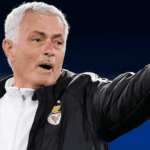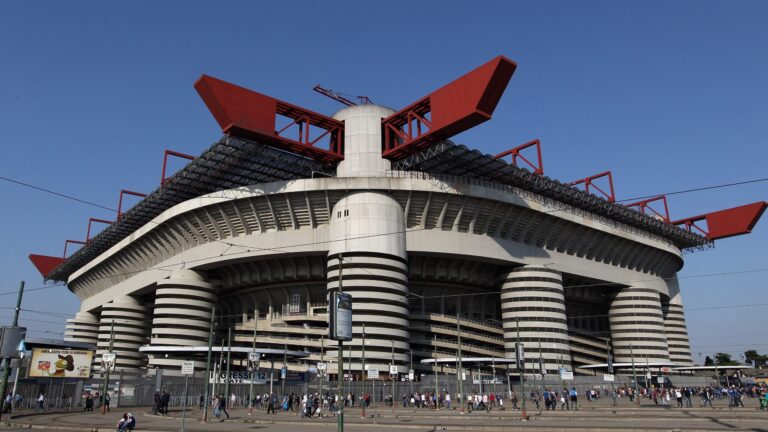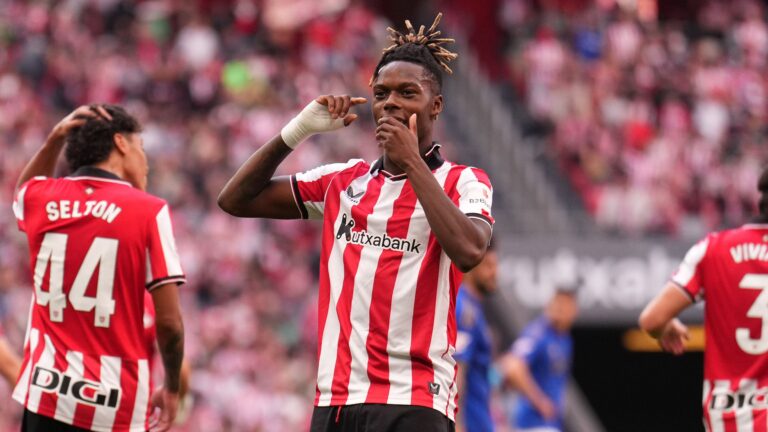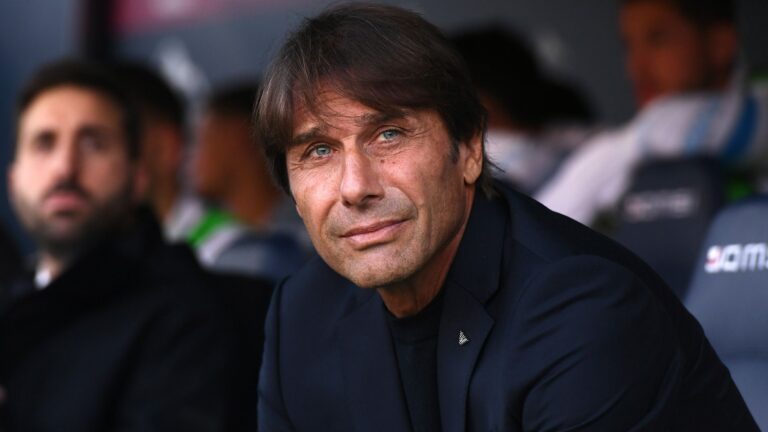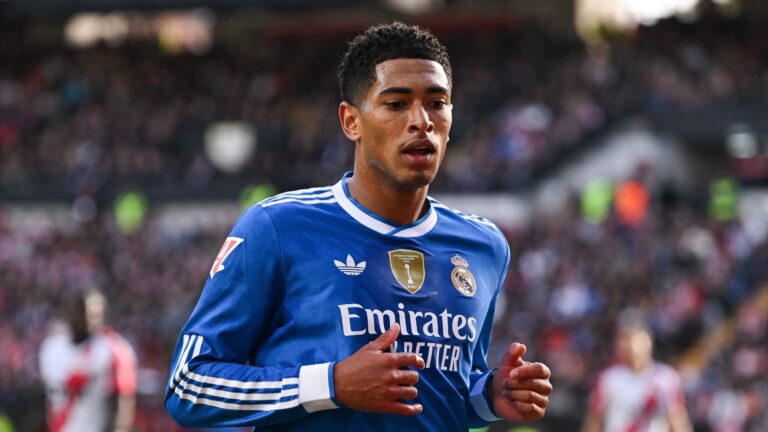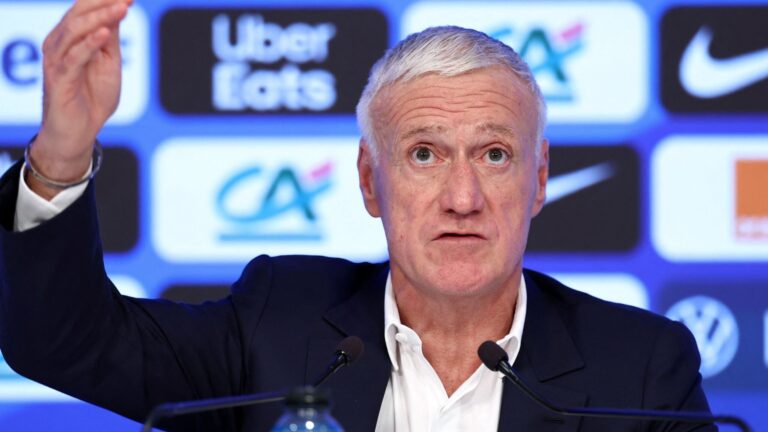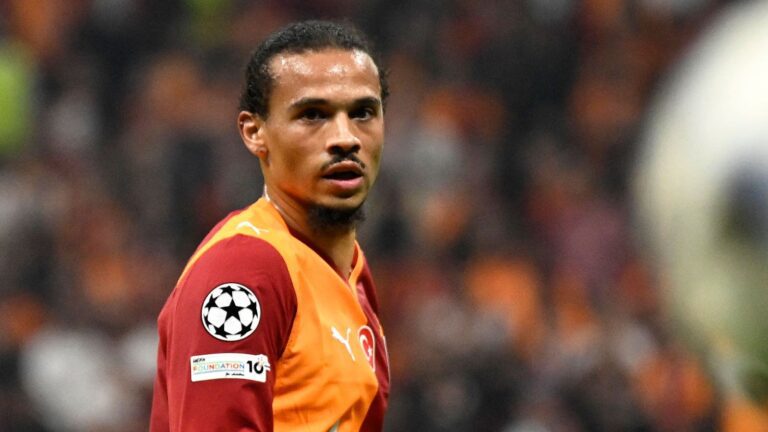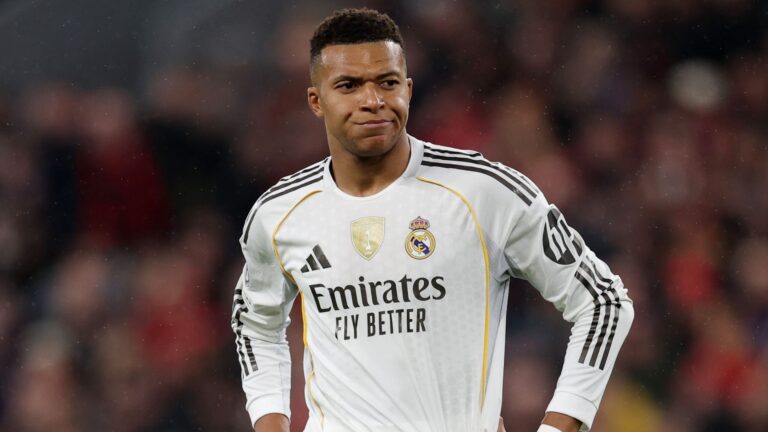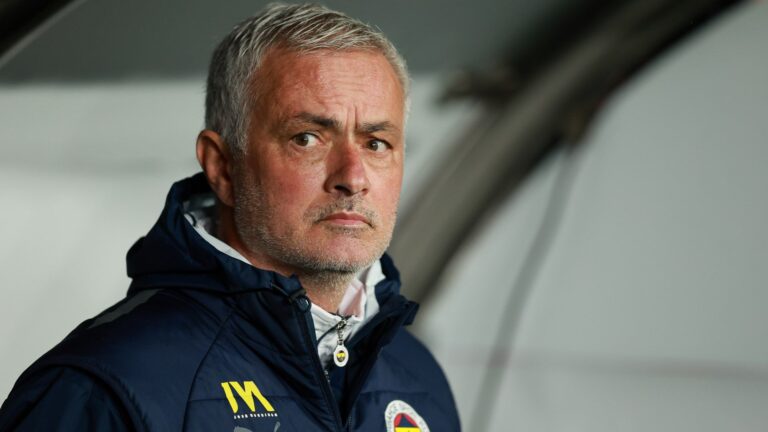


Unveiling Mourinho’s Strategic Mindset Amid Benfica’s Tense Draw
In the high-stakes world of football, where every match can shift the balance of power, Jose Mourinho’s recent performance with Benfica against Porto highlights the fine art of tactical resilience and player psychology. This draw not only keeps Benfica in the race at the top of the league but also showcases Mourinho’s enduring ability to navigate challenges with precision and experience.
Mourinho’s Journey and Benfica’s Stand Against Porto
Returning to his roots in Portugal, Jose Mourinho is leveraging his vast expertise to rebuild Benfica’s dominance in the domestic scene. His career, marked by triumphs across Europe, began in Lisbon and blossomed into legendary status, particularly with his Champions League success at Porto. Now at 62, Mourinho continues to demonstrate his sharp tactical prowess, turning tight situations into opportunities for growth by focusing on solid defense and smart gameplay during the clash at Estadio do Dragao.
In this encounter, Benfica displayed remarkable fortitude, managing to secure a draw while maintaining a clean sheet. Mourinho’s emphasis on team preparation and emotional support was key, ensuring his squad remained composed and competitive against a formidable opponent.
Addressing Player Confidence in High-Pressure Games
Mourinho shared insights into his philosophy post-match, noting how Benfica’s lineup differs from Porto’s dynamic style. Without players who can exploit open spaces aggressively, his team prioritized creating threats while avoiding exposure. He pointed out a prevailing issue of reduced morale, identifying several players grappling with diminished self-assurance. Mourinho explained to his team that while victory is the goal, avoiding defeat is sometimes the wiser choice under intense scrutiny.
In such pressurized environments, decision-making becomes tougher, he added. Unlike Porto, who faced less urgency and opted for caution, Benfica had more at stake emotionally. This disparity underscores the mental toll of competition, where the outcome can widen gaps in the standings and affect team spirit profoundly.
Mourinho’s Milestone and the Stakes Involved
Reflecting on his extensive career, Mourinho reached his 1,200th official game, a moment that amplified the importance of the result. Even with his wealth of experience, the potential seven-point deficit loomed large, making the draw a valuable outcome despite not being ideal. With an upcoming break, Mourinho expressed disappointment in the temporary separation from his players, viewing it as a hurdle in maintaining momentum.
From Hero to Adversary: Mourinho’s Complicated Ties with Porto
Having coached Porto for 127 matches from 2002 to 2004, Mourinho forged an iconic legacy there. Today, as Benfica’s leader, he finds himself as an opponent to former admirers, fully accepting the shift from celebrated figure to targeted rival, which brings its own set of challenges.
Handling the Reception Upon Return
On facing a less than enthusiastic welcome, Mourinho maintained his composure, emphasizing that his respect for Porto remains intact. He described the game as professionally focused, devoid of personal distractions, drawing from past experiences like his Chelsea visit. Interactions with figures such as President André Villas-Boas were cordial, reinforcing that professional rivalries don’t erase personal histories.
Looking Ahead: Benfica’s Next Challenges
As the international calendar pauses for events like Portugal’s 2026 World Cup qualifiers featuring stars like Cristiano Ronaldo, Benfica gears up for their cup fixture against Chaves on October 17. Meanwhile, Mourinho prepares for another European showdown, returning to England for a Champions League bout with Newcastle, building on his earlier visits this season.
Jose Mourinho Highlights Self-Esteem Issues in Benfica Squad
In the high-stakes world of football, where mental resilience often decides the outcome of matches, Jose Mourinho’s recent comments on a “self-esteem crisis” among five Benfica players have sparked widespread discussion. This insight came during his analysis of a tightly contested draw against Porto, where Mourinho emphasized the role of pragmatic tactics in overcoming psychological hurdles. As a master tactician known for his strategic brilliance, Mourinho’s remarks offer a deeper look into how player confidence can influence team performance in elite competitions like the Portuguese Primeira Liga.
During post-match reflections, Mourinho pointed out that certain Benfica players were grappling with self-doubt, which he linked to their inconsistent form in recent games. This self-esteem crisis, as he termed it, affected their decision-making on the pitch, particularly in crucial moments against Porto. Keywords like “Jose Mourinho self-esteem crisis” highlight how mental health in sports is becoming a focal point for fans and analysts alike, underscoring the need for holistic player development beyond physical training.
The Impact of Self-Esteem on Player Performance
Self-esteem plays a pivotal role in football, especially in pressure-filled derbies like the one against Porto. Mourinho identified five specific players-without naming them-who seemed hesitant in key situations, possibly due to mounting criticism from fans and media. This hesitation can lead to missed opportunities, such as poorly executed passes or defensive lapses, ultimately contributing to the draw. In football circles, discussions around “Benfica players self-esteem” reveal that such issues are not uncommon, particularly in teams transitioning through managerial changes or facing strong rivals.
From a tactical standpoint, Mourinho’s pragmatic approach involves simplifying strategies to build confidence. For instance, he advocated for shorter passing sequences and defensive solidity to minimize risks, allowing players to regain their composure. This method aligns with broader trends in pragmatic tactics in football, where coaches prioritize results over flair, especially in draws against Porto that could define a season.
Benefits of Pragmatic Tactics in Football
Pragmatic tactics, as discussed by Mourinho, offer several benefits that can help teams navigate challenges like a self-esteem crisis. One key advantage is the focus on team structure over individual heroics, which can reduce the burden on players feeling underconfident. For example, by emphasizing compact formations and counter-attacks, coaches can create scenarios where players succeed collectively, boosting their morale gradually.
- Enhanced Defensive Stability: In the draw against Porto, Benfica’s use of a 4-2-3-1 formation allowed for quick transitions, limiting Porto’s attacking threats and giving players small wins to rebuild esteem.
- Improved Decision-Making Under Pressure: Pragmatic play encourages simple, rehearsed moves, which can help players overcome mental blocks and perform more consistently.
- Long-Term Mental Health Benefits: Teams adopting these tactics often see reduced injury risks from overexertion, as players aren’t forced into high-risk plays that could exacerbate self-doubt.
These benefits extend beyond Benfica, making pragmatic tactics a valuable tool for any team dealing with similar issues. Integrating elements like “Jose Mourinho pragmatic tactics” into training regimens can lead to more resilient squads overall.
Practical Tips for Coaches and Players
If you’re a coach or player interested in addressing self-esteem challenges, Mourinho’s experience provides actionable insights. Start by incorporating mental health routines into daily training, such as mindfulness sessions or one-on-one feedback to foster a supportive environment. For instance, players could use journaling to track their progress, helping them identify patterns in their confidence levels.
Practical tips include:
- Regular Psychological Assessments: Teams should schedule routine check-ins with sports psychologists, similar to how Mourinho might have approached the Benfica situation, to catch self-esteem issues early.
- Tactical Drills for Confidence Building: Focus on small-sided games that emphasize success, allowing players to experience wins and rebuild their self-worth incrementally.
- Peer Support Systems: Encourage team bonding activities, as these can mirror the unity Mourinho promotes in his pragmatic setups, turning individual crises into collective strengths.
By applying these tips, coaches can create a more balanced team dynamic, potentially preventing draws against Porto from turning into losses due to mental factors.
Case Studies from Mourinho’s Career
Mourinho’s history is rich with case studies that illustrate how he’s handled similar situations. During his time at Chelsea, for example, he dealt with a confidence slump in key defenders by shifting to a more pragmatic, counter-attacking style, which led to Premier League success. This approach parallels his comments on Benfica, where pragmatic tactics helped stabilize a shaky defense.
Another example comes from his Inter Milan days, when players faced high expectations in the Champions League. Mourinho addressed self-esteem issues through focused training camps, emphasizing resilience and leading the team to a historic treble in 2010. These case studies demonstrate how “Jose Mourinho draw against Porto” strategies can evolve into triumphs, providing real-world lessons for current Benfica players.
In essence, Mourinho’s tactics often involve blending psychological support with on-field pragmatism, a formula that’s proven effective across his career. Fans and analysts searching for “self-esteem crisis Benfica players” can draw inspiration from these instances to understand the long-term impact of his methods.
First-Hand Experiences from Football Experts
Drawing from interviews and analyses, former players under Mourinho have shared first-hand experiences that echo his Benfica comments. For instance, ex-Chelsea star John Terry once described how Mourinho’s straightforward feedback helped him overcome a performance dip, directly tying into the self-esteem theme. Such accounts highlight the personal touch Mourinho brings to team management, making his insights on the Porto draw even more relatable.
Experts in sports psychology, like those cited in various football discussions, often reference Mourinho’s era at Real Madrid, where he managed egos and crises to secure La Liga titles. These experiences underscore the universal applicability of pragmatic tactics, offering readers valuable takeaways for their own contexts, whether in amateur leagues or professional setups. By focusing on these elements, teams can turn potential crises into opportunities for growth, much like Benfica might under similar scrutiny.

